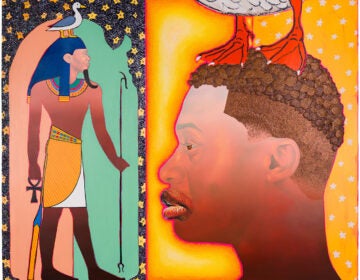Are great presidents history?
-
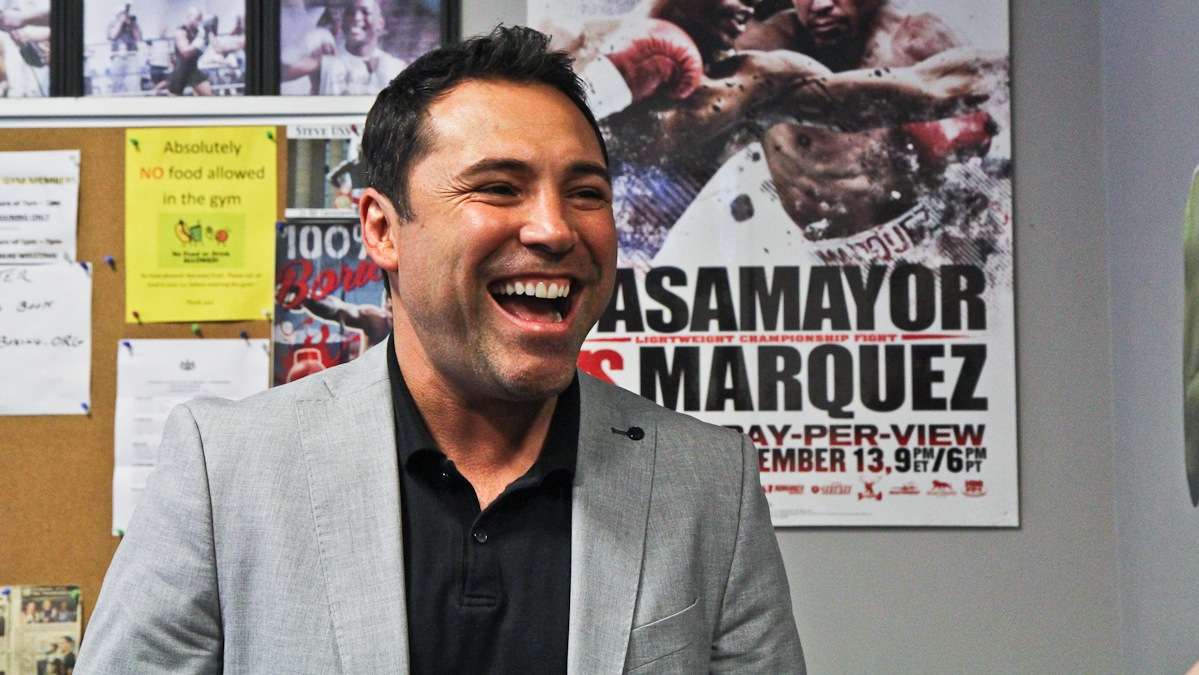
-
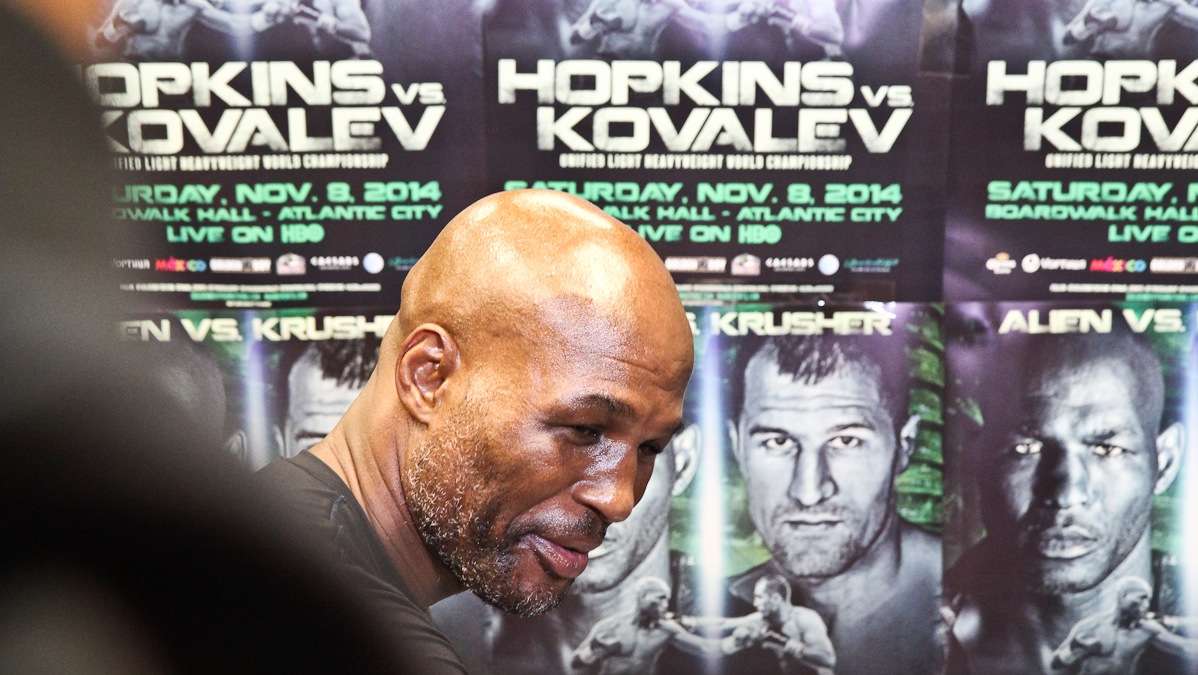
-
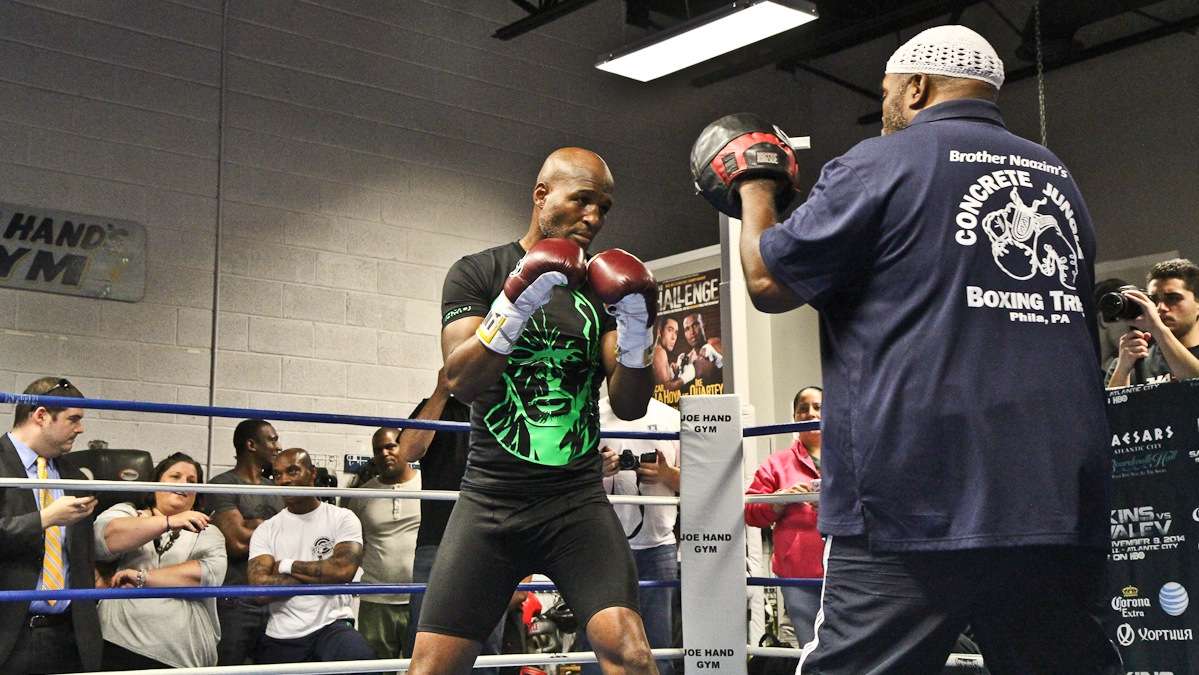
-
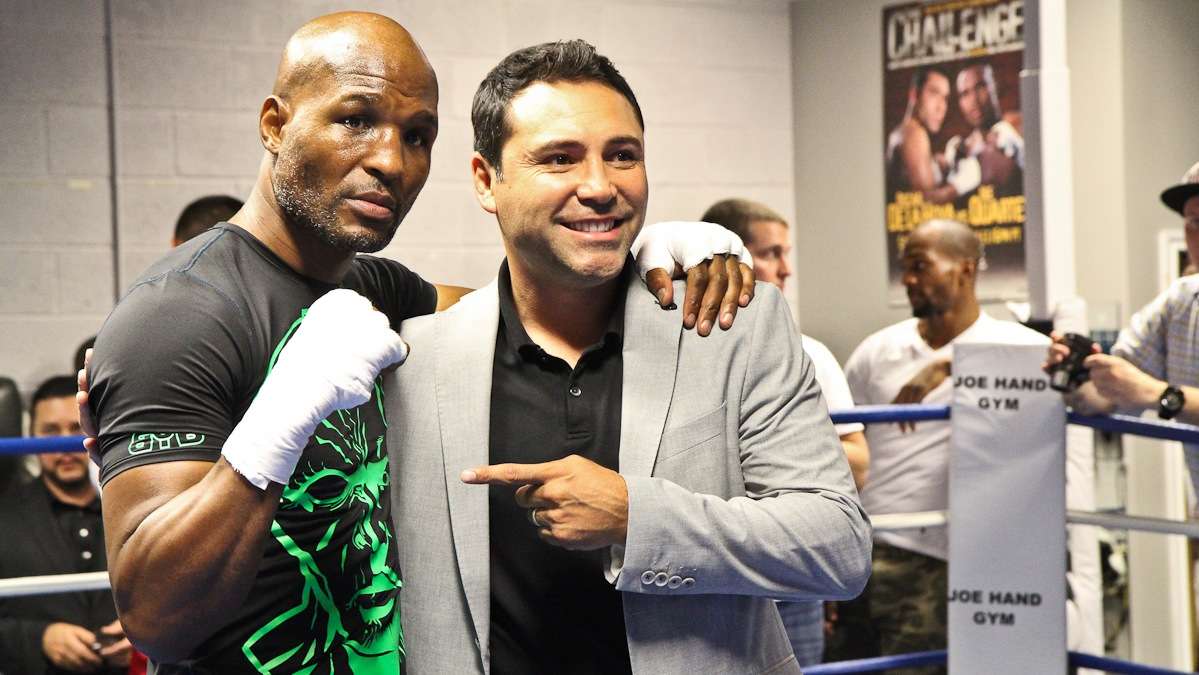
-
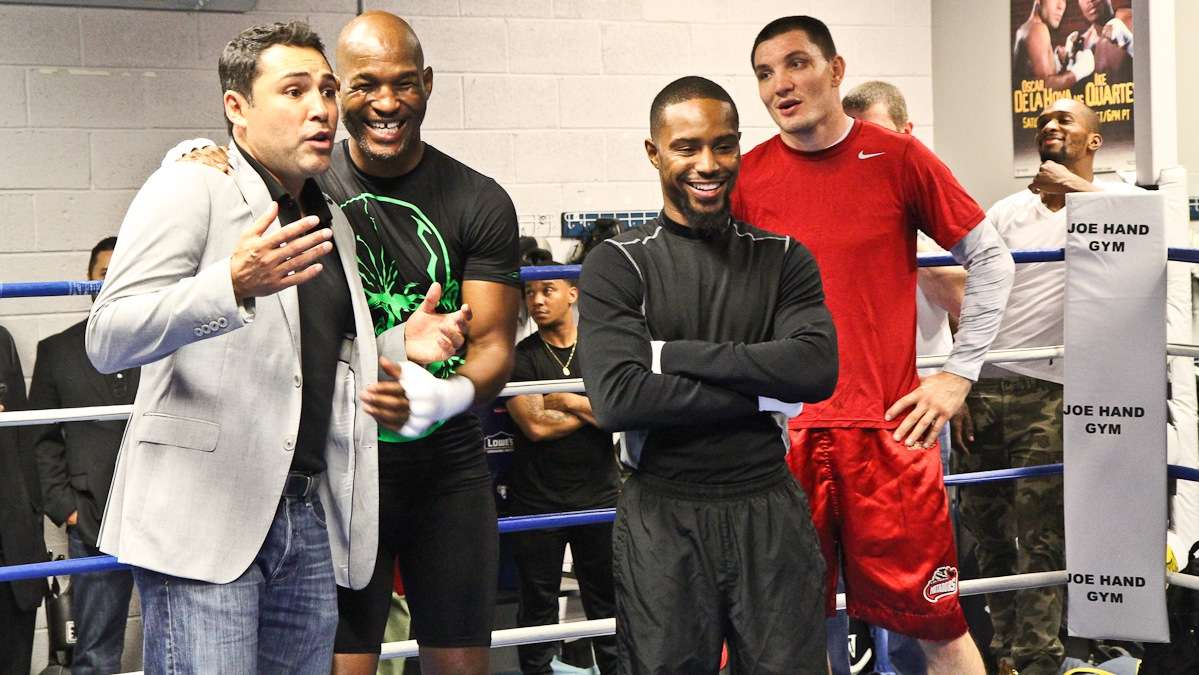
-
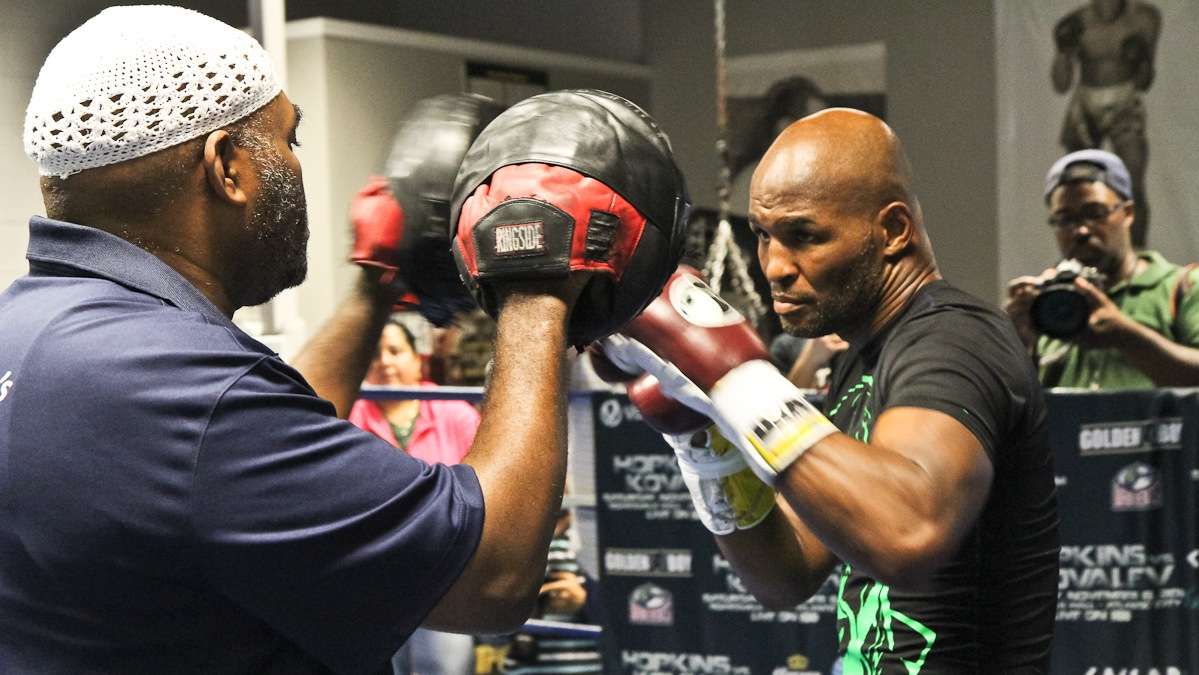
-
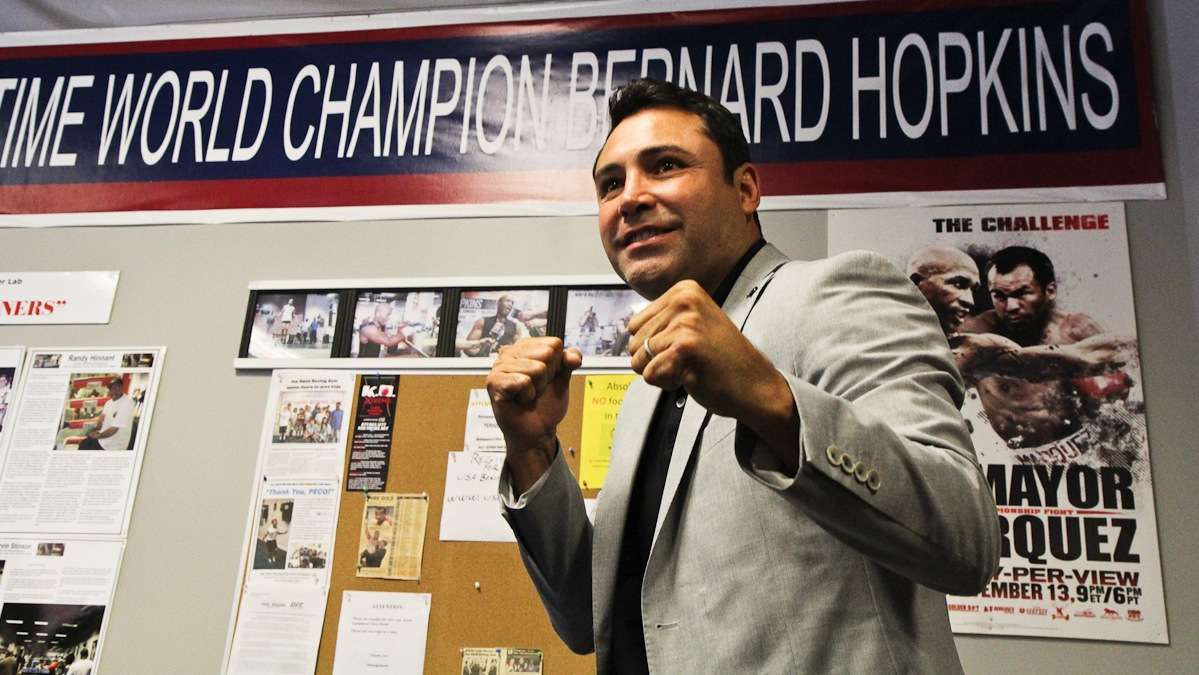
-

-
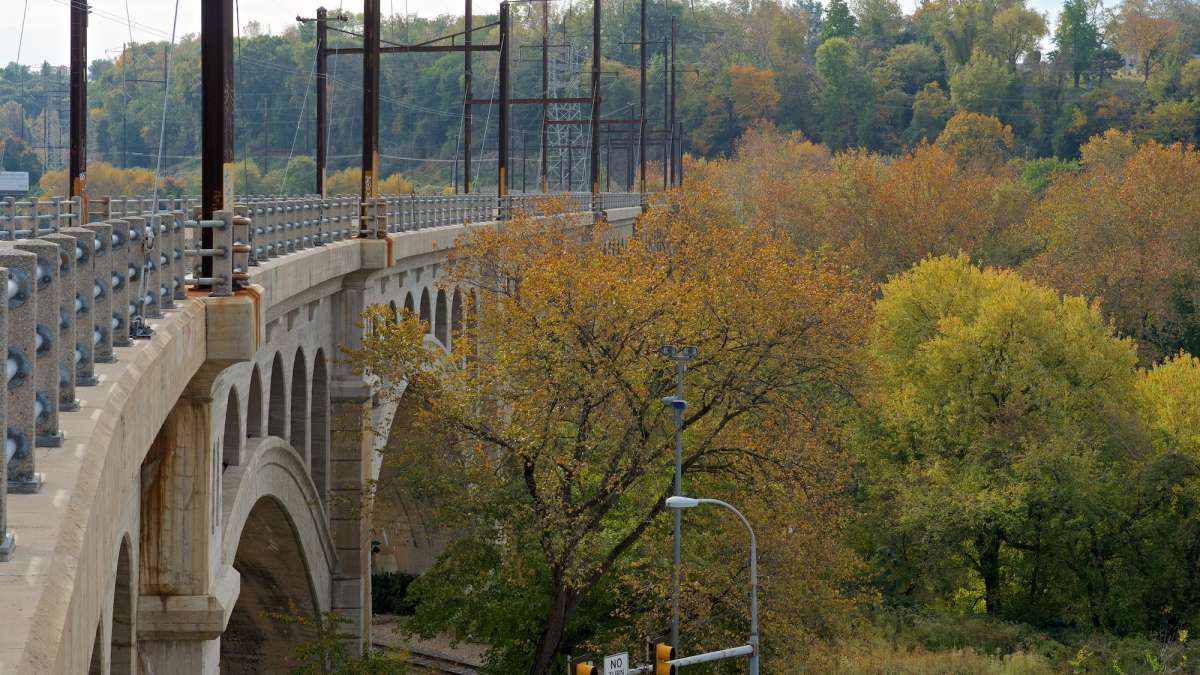
Walk the Manyunk Bridge as part of Friday's 'Gobble Gobble Walk.' (Bas Slabbers/for NewsWorks)
-

-
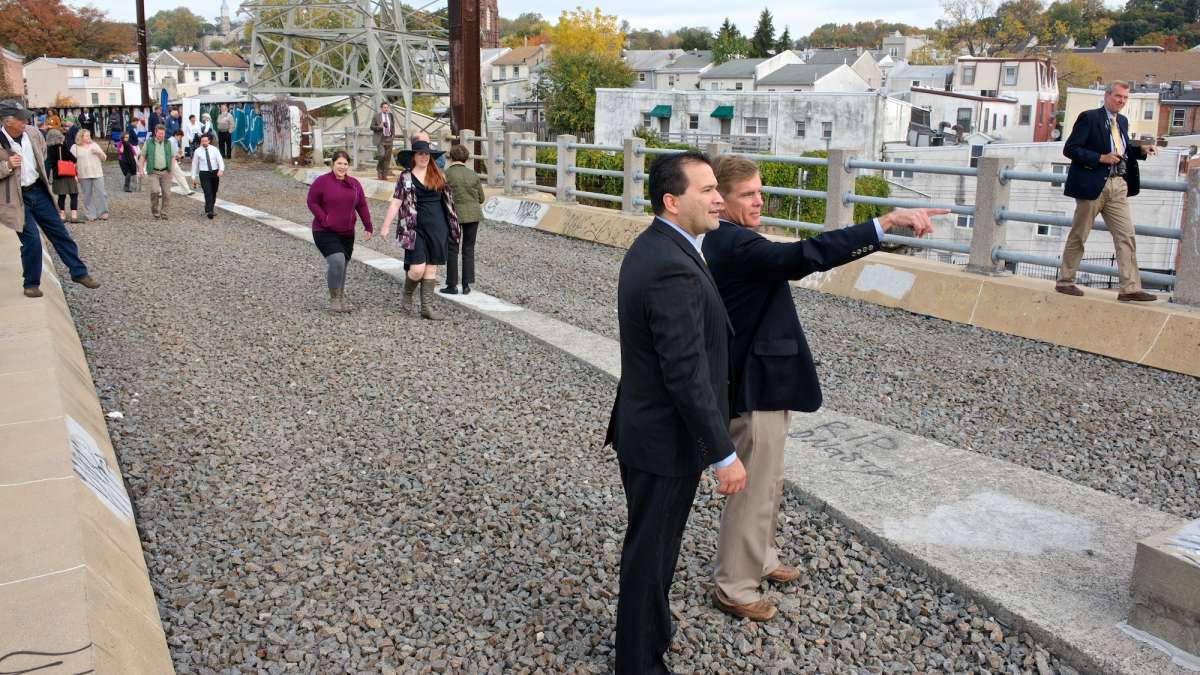
-

-
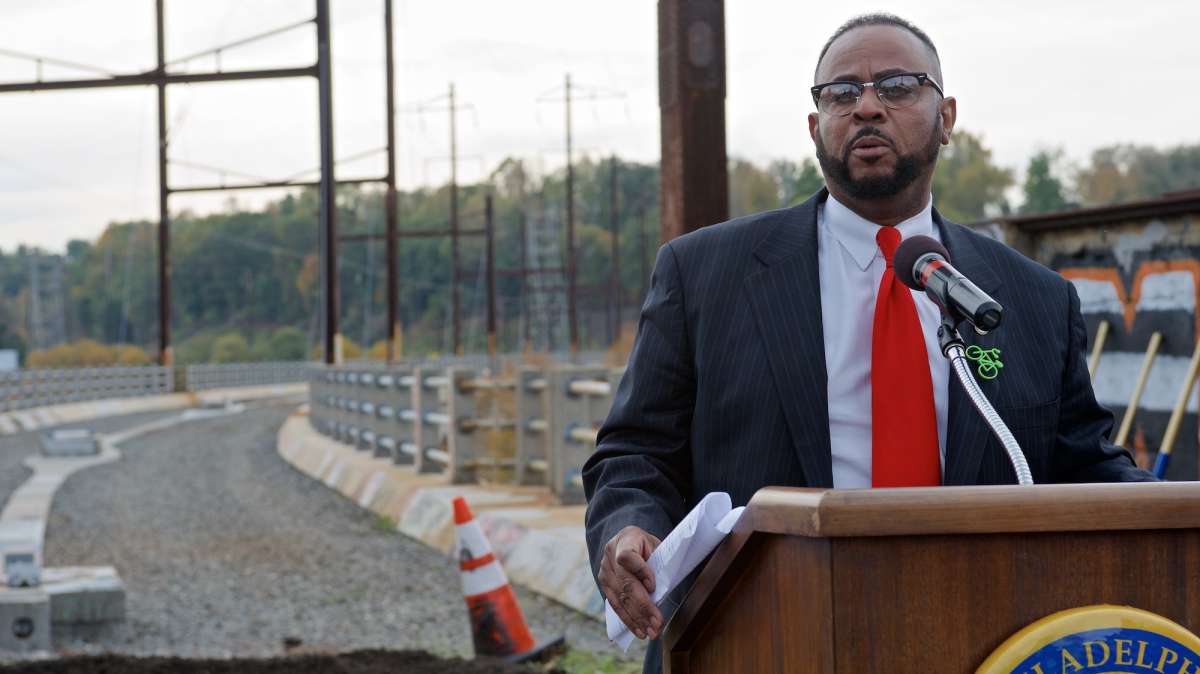
-

-
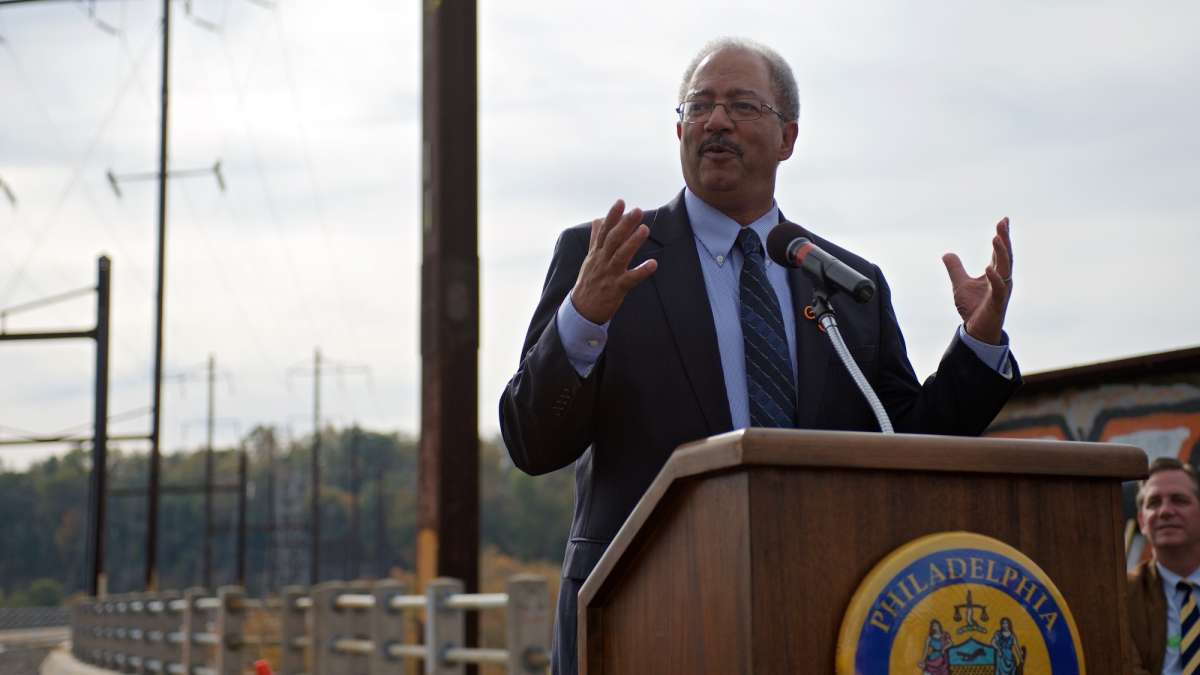
-

-
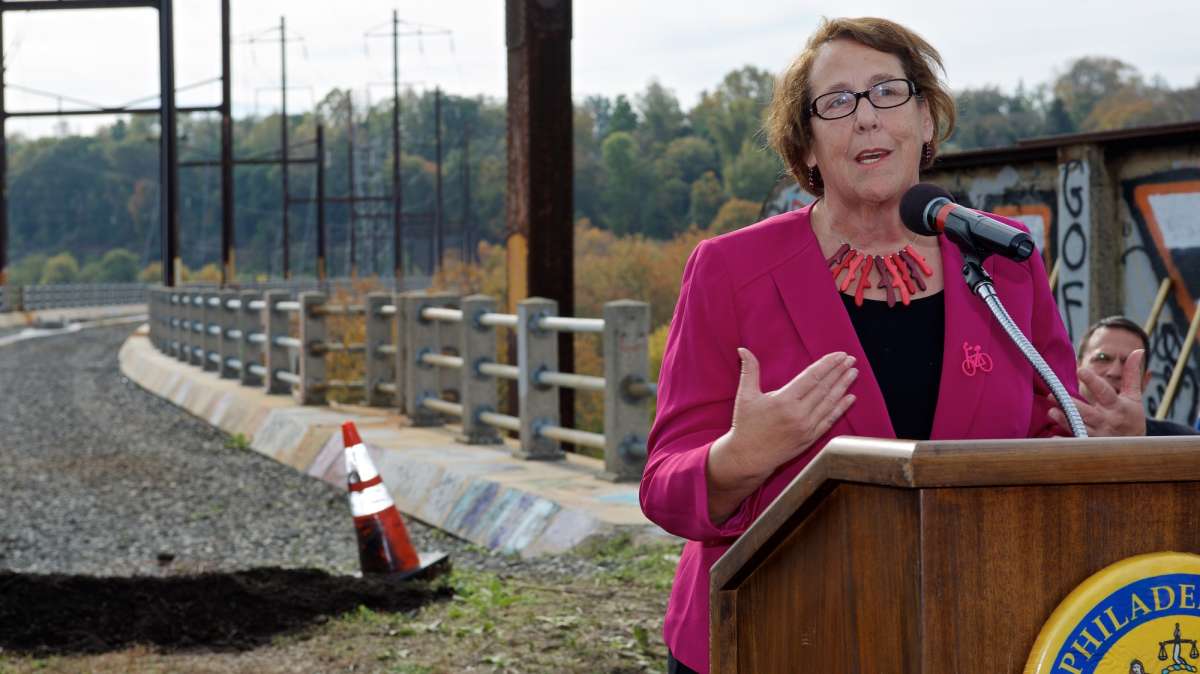
-
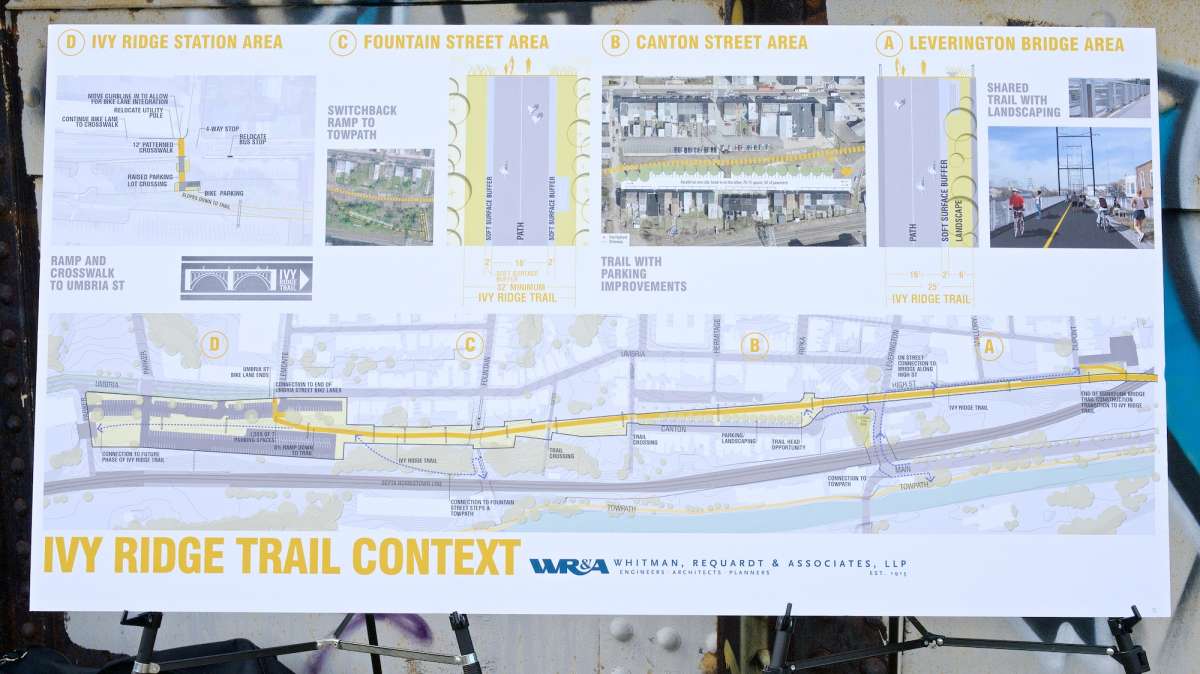
-
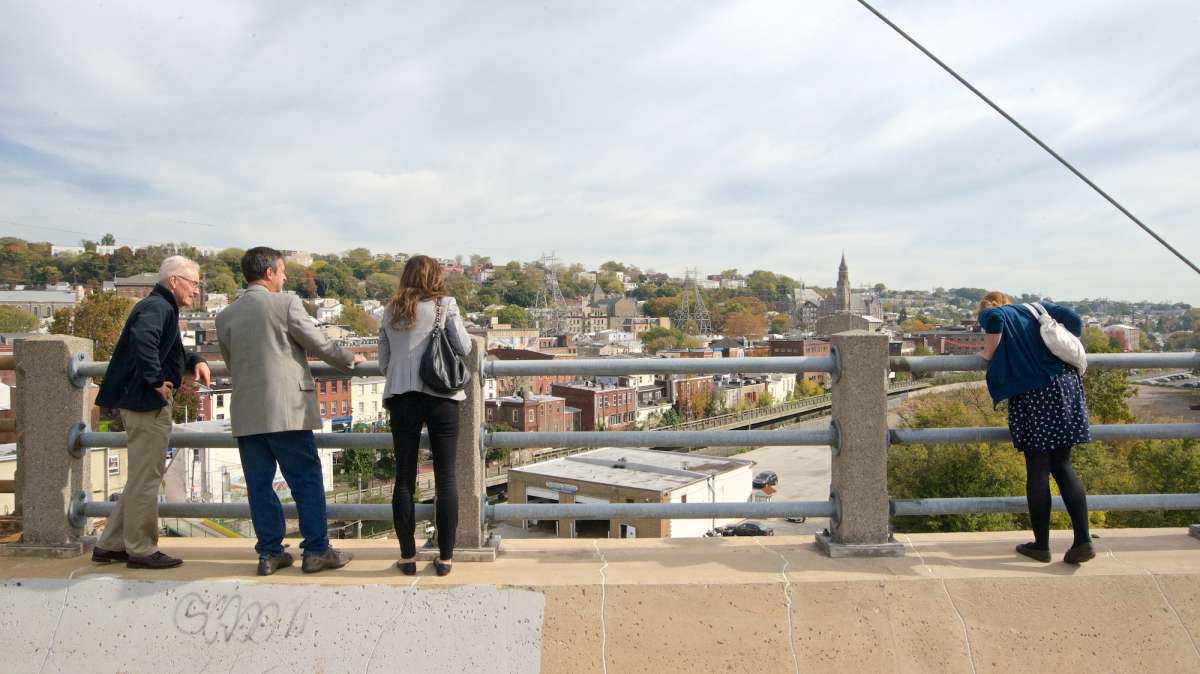
Checking out the view from atop the Manayunk Bridge Trail after Tuesday's ground-breaking ceremony. (Bas Slabbers/for NewsWorks)
-
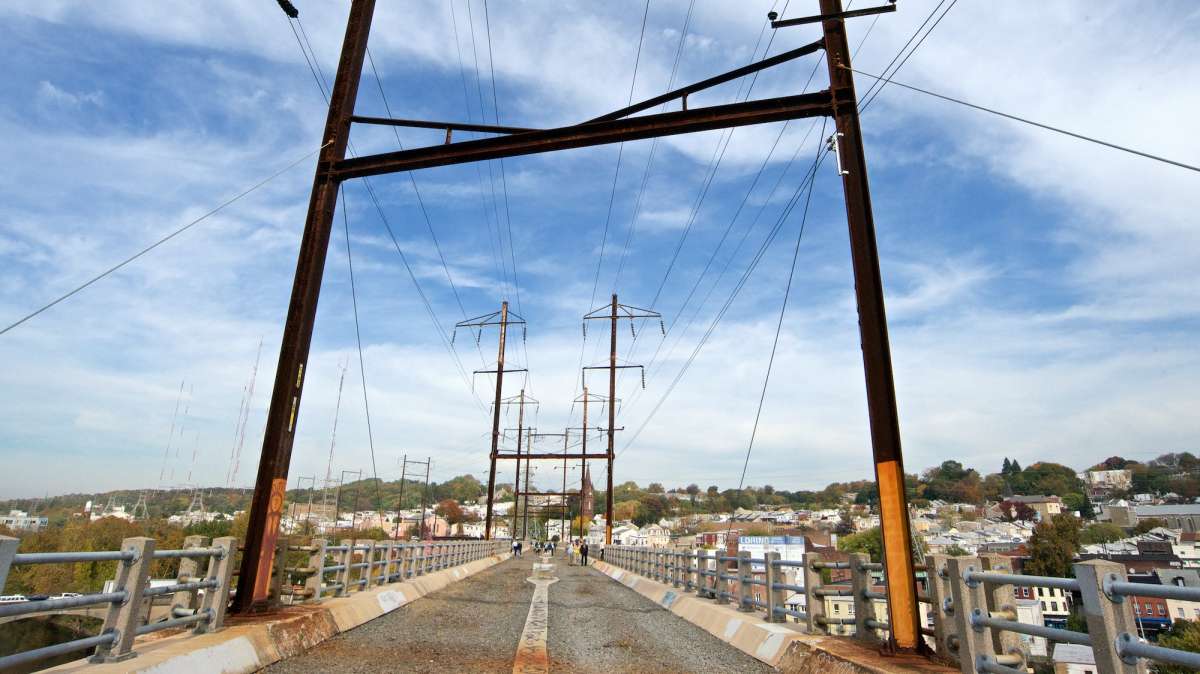
-
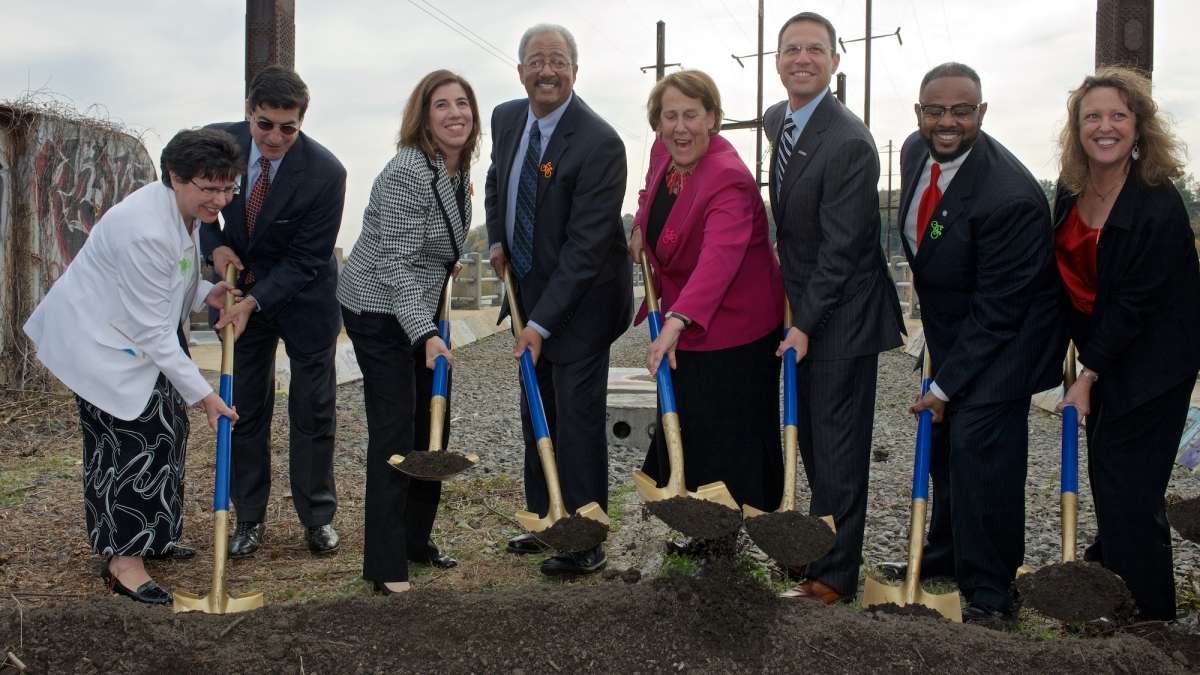
Congress Hall, one of the historic buildings in Independence National Historic Park, does not usually host lectures or debates. Once a year, maybe, and only if it is relevant to the mission of the park.
“The presidency of the United States was really defined in Philadelphia,” said Bill Caughlan, a park ranger and interpretive specialist at the park. “A lot of that definition occurred right there in Congress Hall.”
Tonight, Congress Hall will host Aaron David Miller, a vice president at the Woodrow Wilson International Center for Scholars and the author of “The End of Greatness: Why America Can’t Have (and Doesn’t Want) Another Great President.”
A great president, by Miller’s definition, is one that faced a profound national crisis, and emerge to create fundamental improvement to American life.
“We use the word ‘great’ these days as if it were the most empty, meaningless word: ‘have a great day.’ ‘Wasn’t that a great movie?’ said Miller. “We have emptied it of so much content, I would argue, because we can’t recognize it anymore.”
By his definition there have been only three great presidents: George Washington, Abraham Lincoln, and Franklin D. Roosevelt. One of the greatest acts of President Washington, who was chosen to be the new country’s leader in Congress Hall, was his finale: peacefully handing power to his successor, John Adams.
“The way he balanced the need for strong government against the need to respect the realities of power, the way he understood the mistrust so many Americans had of the royal governors and the king, and ultimately how he surrendered power – which in the late 18th century was an unprecedented act,” said Miller.
In his book, Miller argues that America can no longer produce a truly great leader because the people do not trust the political system.
“You know the old quip: a leader without followers is just a guy out for a walk,” said Miller. “There is a real sense of inherent mistrust. Not just of government. It’s no coincidence that the two protest movements of the last decade – the Tea Party and Occupy Wall Street – took aim at institutions, at government and corporations.”
The talk on Wednesday evening is set up as a debate between Miller and David Eisenhower, the director of the Institute for Public Service at the University of Pennsylvania. The historic Congress Hall seats almost 150 people, who will be able to join in the debate.
This event was produced by the World Affairs Council, in partnership with the National Park Service.
WHYY is your source for fact-based, in-depth journalism and information. As a nonprofit organization, we rely on financial support from readers like you. Please give today.





